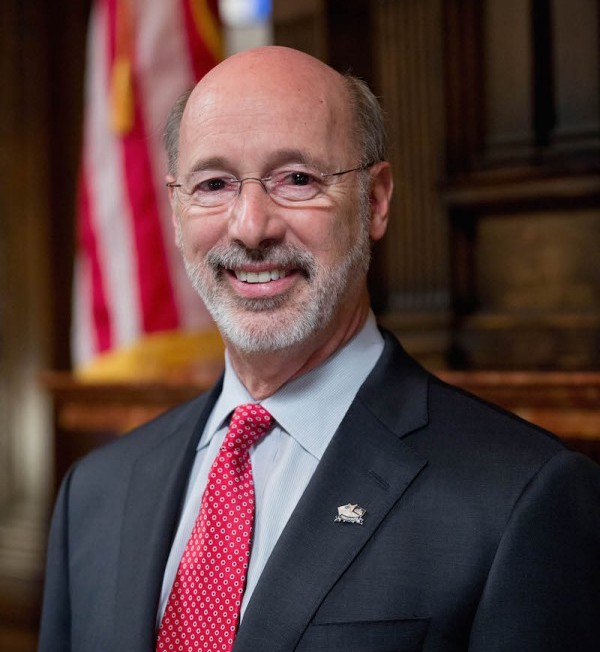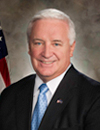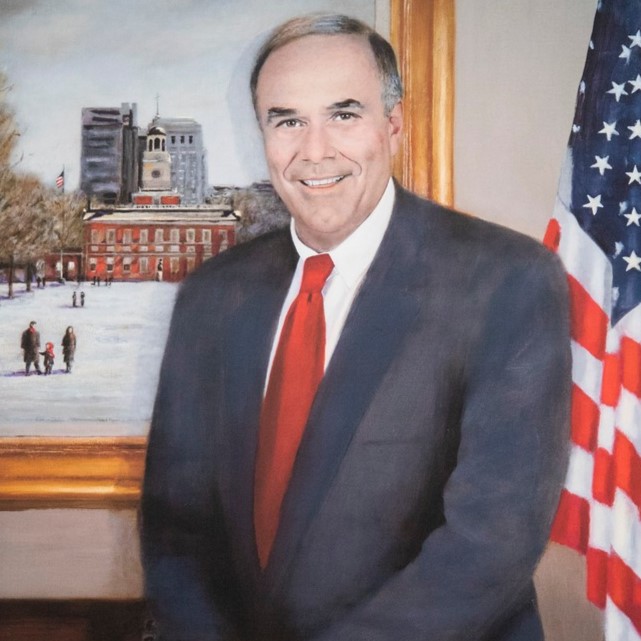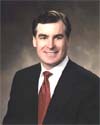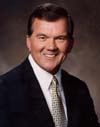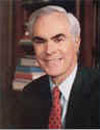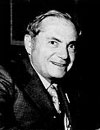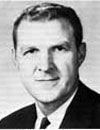This website uses cookies so that we can provide you with the best user experience possible. Cookie information is stored in your browser and performs functions such as recognizing you when you return to our website and helping our team to understand which sections of the website you find most interesting and useful. Please see our privacy policy for more information.
Pennsylvania
Gov. Benjamin Franklin
- October 18, 1785 - October 1, 1788
- January 17, 1706
- April 17, 1790
- Massachusetts
- Married Deborah Read; two children
- Ambassador
- Signed the Declaration of Independence; signed the U.S. Constitution
About
Like others among this nation’s Founding Fathers, BENJAMIN FRANKLIN was a man of many talents, whose contributions to the media, science, and politics are well known. The tenth son of a soap maker, Franklin was born in Boston, Massachusetts. He had very little formal education and began at a young age to apprentice to his older brother James, a printer who started the first newspaper in Boston: The New England Courant. Ben Franklin’s writing talent became apparent early on when he began sending letters to the newspaper under the fictitious name of the widow Silence Dogood. The letters, which offered advice and criticism—including a critique of the treatment of women—were a hit with the public, but Franklin’s brother James was not happy when his younger brother confessed to being the author. The rift between the brothers widened, and Franklin ran away and ultimately settled in Philadelphia, where he found work once again as an apprentice printer and eventually established his own successful printing business as well as a variety store and a book store. In 1729 he bought the Pennsylvania Gazette, which became the first newspaper to print a political cartoon, created by Franklin himself. In 1733 he began the publication of Poor Richard’s Almanac, writing as everyman Richard Saunders and offering such adages as “A penny saved is a penny earned.” Also during the 1730s and ‘40s, Franklin was a community activist, undertaking projects to pave, clean, and light Philadelphia’s streets, organizing the city’s first fire company as well as an insurance company to protect against losses caused by fire damage, helping to launch the country’s first subscription library, forming a group to establish the Pennsylvania Hospital, and helping to launch the first learned society in America: The Philosophical Society. Having succeeded financially, Franklin turned to science. He is known for having invented the heat-efficient Franklin stove and bifocals and for his famous kite experiment that paved the way to understanding lightning as an electrical discharge. But he is perhaps less well known for being the inventor of swim flippers as well. By the 1750s he had become involved in politics, and in 1757 he traveled to England to represent Pennsylvania in its fight with the descendants of William Penn over who should represent the Colony. He remained in England for nearly twenty years serving not just Pennsylvania but a number of other colonies as well. And though he considered himself loyal to England, the 1765 American uprising against the Stamp Act led him to persuade members of the British Parliament to repeal the law. From that point forward he pursued the goal of uniting the colonies in a break from England. Returning to Pennsylvania, Franklin was elected to the Second Continental Congress and served on the committee that drafted the Declaration of Independence, which he signed. Afterward, he was sent to France as the American Ambassador to the Court of Louis XVI. In part because of his popularity with the French, the government of France signed a Treaty of Alliance with the Americans in 1778, and Franklin later signed the Treaty of Paris in 1783 after the Revolutionary War had been won. When he returned once more to the United States, he became President of the Supreme Executive Council (the equivalent of state governor) of Pennsylvania in 1785, at the age of eighty as well as a delegate to the Constitutional Convention, signing the U.S. Constitution. Franklin was also the first Postmaster General of the United States.
Note: Actual end of office date is not known.
Source
Pennsylvania Historical and Museum Commission


